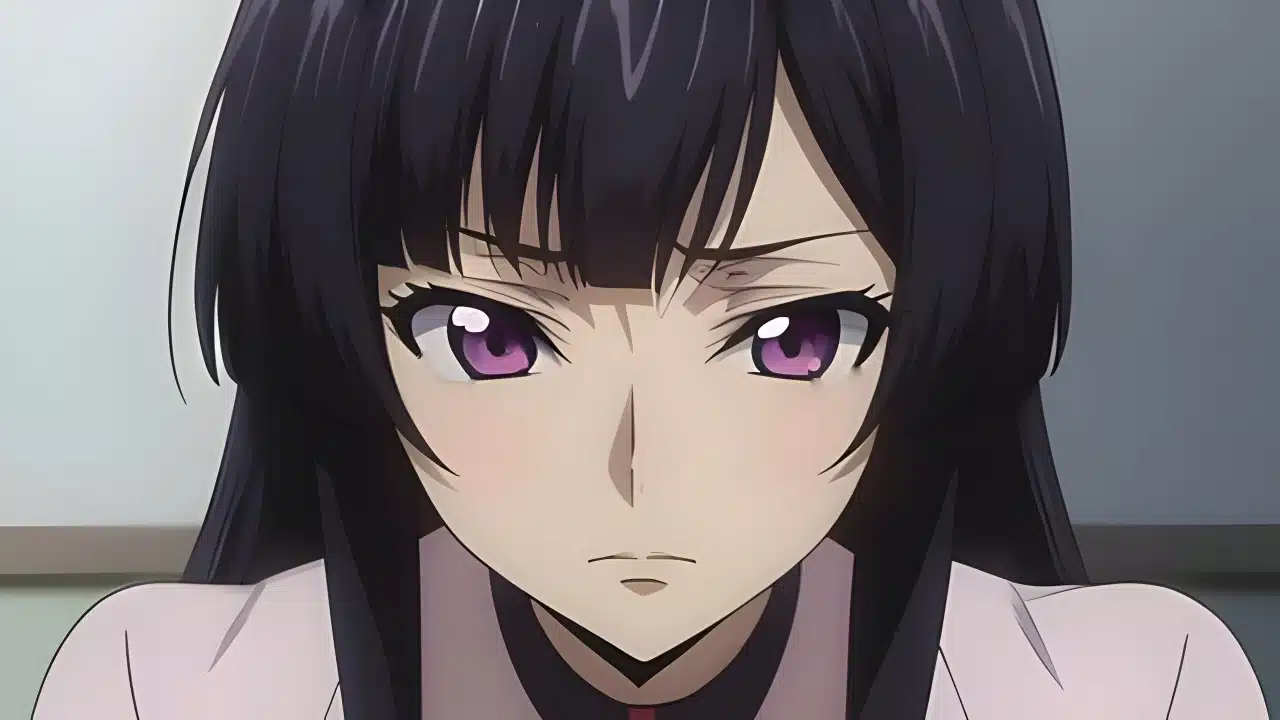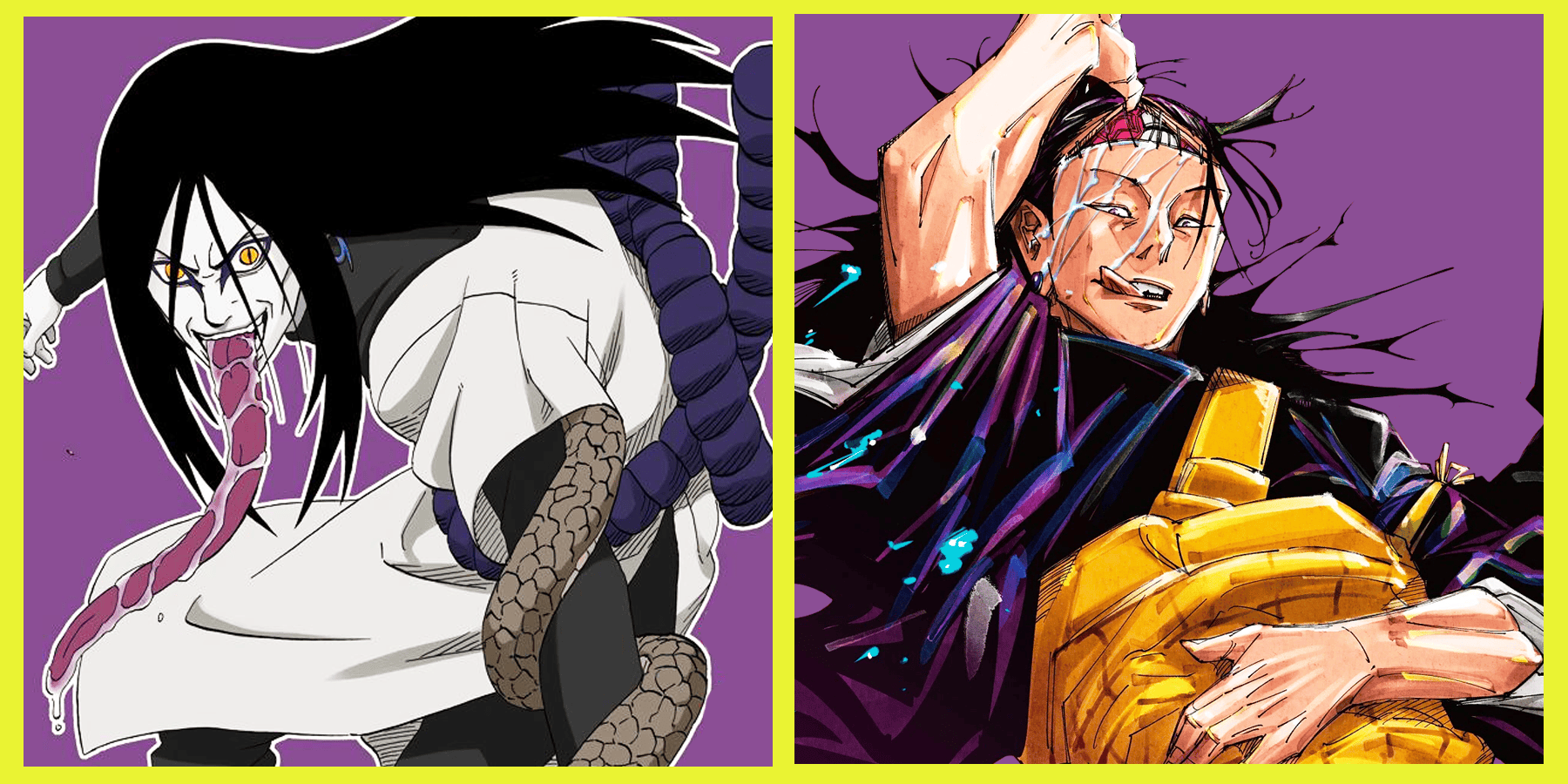Clothes often represent people's feelings and reflect some of the wearer's tastes, like anime. Therefore, the sheer number of clothes to choose from doesn't always satisfy everyone's tastes, especially when questions arise, such as the one that resurfaced on Japanese forums: do otaku children want to wear cute clothes? It's worth noting that in discussions where this question was raised, the term "cute clothes" was often associated with women's clothing. This sparked a diversity of opinions, both in favor of the idea, alluding to their own experience wearing this type of clothing, and others with opposing views, who consider it categorically inappropriate.
Japanese forums once again ask about the clothes worn by otaku boys, focusing on kawaii anime.

The discussion of clothing and fashion in general is not a new topic, as the way people dress has changed over time, and the types of clothing associated with men and women have been defined based on their time and culture. However, in the context of the otaku world in Japan, where gender roles tend to be more defined, this debate takes on particular relevance, as this same discussion can raise another, much more relevant and interesting question: to what extent can otaku children express their individuality without being judged or stereotyped? A question we invite readers to explore.
Landing on the topic at hand, and because it is anime, in a certain sense there is a strong connection, because within many of the productions we can see male characters in women's clothing to name some of the best known. Astolfo (Apocryphal Destiny), Hideri Kanzaki (Mix S), Felix Argyle (Re:Zero) among others. That's why this debate has resurfaced in several Japanese forums within anime culture, given that there are many fans of this medium who enjoy wearing much more kawaii clothes, often inspired by what they've seen in anime like the ones mentioned above.

For those interested in learning firsthand about some of the places where the topic of clothing has been discussed among anime fans, we share the following: link with one of the Japanese portals where the topic was discussed. And before we conclude, a brief reflection on what was discussed today: beyond otaku culture, this debate invites us to reflect on the importance of freedom of expression and acceptance. Fashion, in this sense, becomes a universal language that allows us to communicate and connect with others, regardless of our differences.






